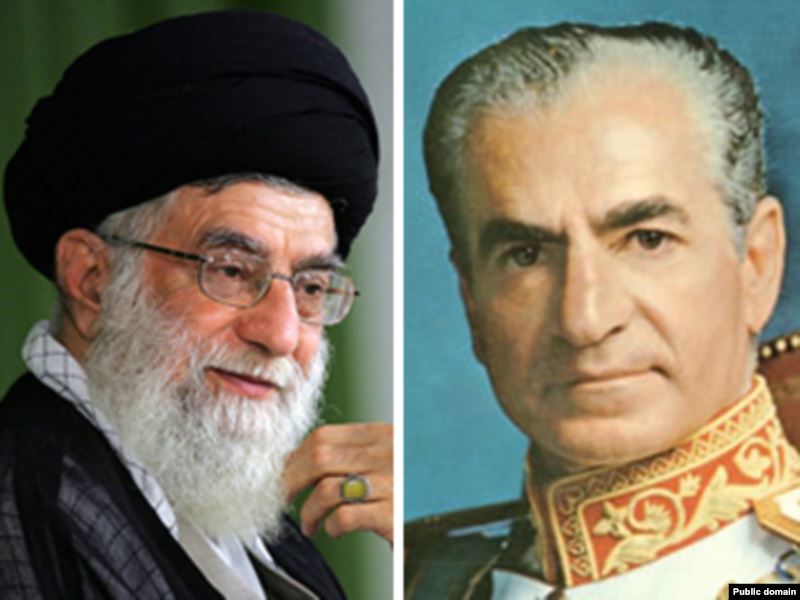Iranian opposition leader Mirhossein Mousavi has compared Supreme Leader Ayatollah Ali Khamenei to the Shah, the monarch deposed in a 1979 revolution, following the government’s crackdown on protests this month.

The unrest began on Nov. 15 after the government of the Islamic Republic, one of OPEC’s biggest oil producers, announced gasoline price hikes. But the protests quickly turned political, with demonstrators demanding the removal of top leaders.
Khamenei has described the violence as the work of a “very dangerous conspiracy”. The Tehran government has blamed “thugs” linked to its opponents in exile and the country’s main foreign foes, namely the United States, Israel and Saudi Arabia.
Iran has given no official death toll, but Amnesty International has said that at least 161 people have been killed. Tehran has rejected this figure.
Mousavi’s comments about Khamenei, the highest authority in the Islamic Republic, were posted in a statement on the opposition Kaleme website. He made a reference to an infamous 1978 massacre which rallied public support and led to the toppling of Shah Mohammad Reza Pahlavi.
“The killers of the year 1978 were the representatives of a non-religious regime and the agents and shooters of November 2019 are the representatives of a religious government,” he said. “Then the commander in chief was the Shah and today, here, the Supreme Leader with absolute authority.”
He called on the government to “pay attention to the repercussions of the Jaleh square killings” of 1978.
Mousavi and Mehdi Karroubi ran in a presidential election in June 2009 but lost out to hardliner Mahmoud Ahmadinejad. The two men became figureheads for Iranians who staged mass protests after the vote, which they said was rigged.
Karroubi, Mousavi and Mousavi’s wife Zahra Rahnavard have been under house arrest in Tehran since 2011 after the opposition leaders called on supporters to rally in solidarity with pro-democracy uprisings in Arab countries.
Similarly, former Iranian President Mahmoud Ahmadinejad severely criticized Iran’s Supreme Leader Ali Khamenei in August 2017 by comparing him to the former Shah of Iran
“No one is more important than the people,” Ahmadinejad gushed in a recorded clip, part of which was broadcast on his Twitter account. “Positions of power in any government are not inherited by a special group. We did not rise in a revolution against a family to replace it with another family,” he stressed. The remarks were a clear reference to the domination of Ali Khamenei, his family and his entourage on Iranian governance.
Relations between Khamenei and Ahmadinejad soured in the run-up to presidential elections held in 2017, when the Supreme Leader had asked Ahmedinejad to stand down in order to prevent “polarization” in the country. Later the Guardian Council, a panel of jurists following Khamenei’s diktats, disqualified the candidature of the former president and his close ally Hamid Baghaei on the pretext of their ineligibility to run in the presidential elections.
REUTERS/ AL ARABIYA

Leave a Reply
You must be logged in to post a comment.